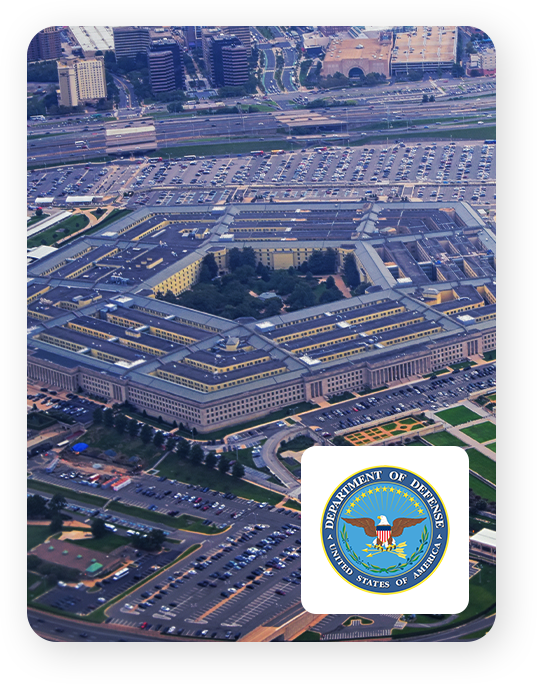ECS’ cybersecurity, cloud, and compliance experts can help put your organization on a path to long-term success in 2023
Every new year brings major changes and developments to the world of cybersecurity compliance, and 2023 promises to be no different. Federal agencies and Department of Defense (DoD) components, in particular, are working to overhaul existing cybersecurity paradigms to meet heightened standards, often on ambitious timelines.
See below for key deadlines and trends to be aware of as we turn the page on 2022, then learn how ECS’ experts in cybersecurity, cloud, and compliance can help you identify and close the gaps in your organization.
CMMC Compliance
Following the announcement by the DoD that all 300,000-plus companies in the Defense Industrial Base (DIB) would need to achieve Cybersecurity Maturity Model Certification (CMMC) Level 1 accreditation requirements, we are now approaching the current deadline of May 2023.
CMMC is a cybersecurity framework consisting of three maturity levels and 110-plus best practices, which progress from basic cyber hygiene to advanced cyber defense. CMMC requirements are expected to appear in DoD contracts by July 2023, 60 days after the public comment period.
ECS is a CMMC Registered Provider Organization (RPO). With over 20 years of experience supporting DoD contractors in governance, risk, and compliance, our trained Registered Practitioners (RPs) are ready to help our clients ace the assessment and navigate the path to CMMC compliance.

DoD Zero-Trust Goals
In November 2022, the DoD released its zero-trust strategy and roadmap. This strategy — anticipated for months following the zero-trust memo issued by the Executive Branch in January 2022 — represents a new, Department-wide cybersecurity framework that lays out dozens of capabilities the DoD must realize in order to achieve “targeted zero-trust” by fiscal year (FY) 2027.
The current projected timeline has the DoD and its components hitting various zero-trust implementation goals throughout the next several years, with the first deadline coming in Q4 of FY23. By that deadline, the DoD and its components are expected to log all traffic (network, data, applications, and users) in support of the Visibility and Analytics pillar of the DoD Zero-Trust Security Model.
As a leading provider of managed security solutions for the federal government and the defense industry, ECS knows how to assess your organization’s alignment with soon-to-be-mandatory zero-trust requirements — and deliver solutions that get you over the finish line.
Federal Cloud Guidance
In response to the 2021 executive order (EO) aimed at improving the nation’s cybersecurity, the Cybersecurity and Infrastructure Security Agency (CISA) collaborated with the Federal Risk and Authorization Management Program (FedRAMP) and United States Digital Service (USDS) to release its Cloud Security Technical Reference Architecture (TRA). The Cloud Services TRA is designed to guide agencies’ secure migration to the cloud by defining and clarifying considerations for shared services, cloud migration, and cloud security posture management.
To build on the Cloud Services TRA in 2023, we expect to see a federal cloud security strategy and FedRAMP modernization plan that addresses data protection and, crucially, the role of zero-trust in cloud computing.
ECS combines premier cloud platform partnerships and more than 1,000 cloud certifications and accreditations with a clear understanding of how zero-trust requirements will impact cloud infrastructure. Don’t leave your organization vulnerable or risk noncompliance — reach out to the experts at ECS to secure your cloud infrastructure today.
Stay Ahead of the Curve with ECS
The clear through-line for 2023 is that federal agencies and especially DoD contractors and companies in the DIB should expect increased oversight, scrutiny, and accountability as security standards are raised across the board.
Don’t wait to ensure that your organization is compliant. Decide today to partner with ECS and let our experts assess your organization, identify areas where you come up short, and put you on a path to long-term success.





